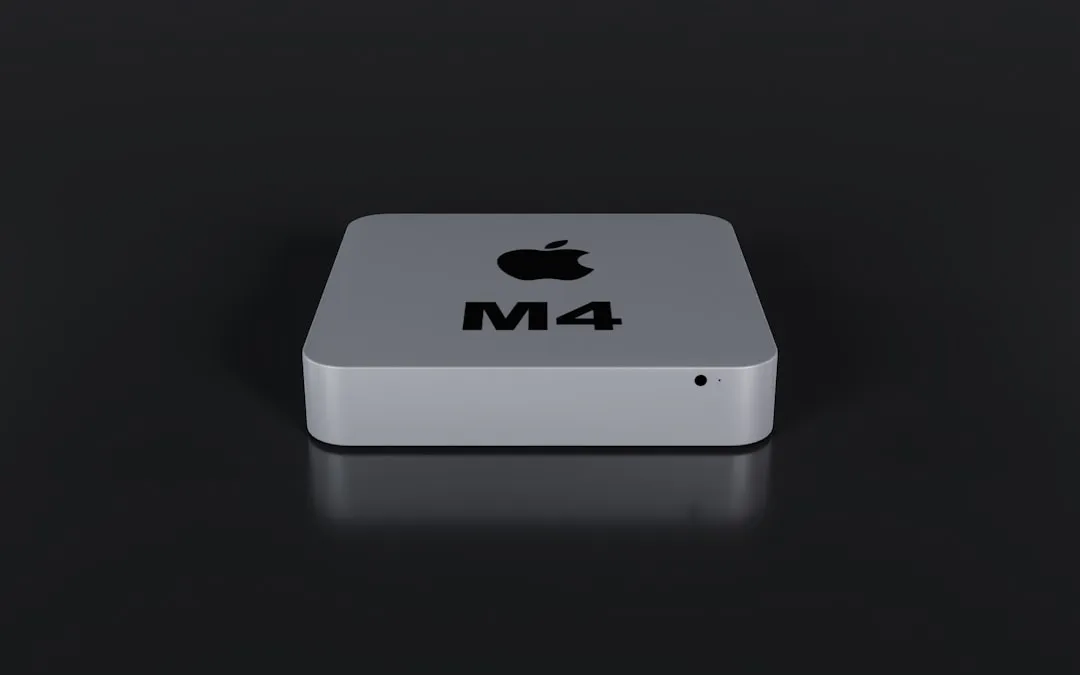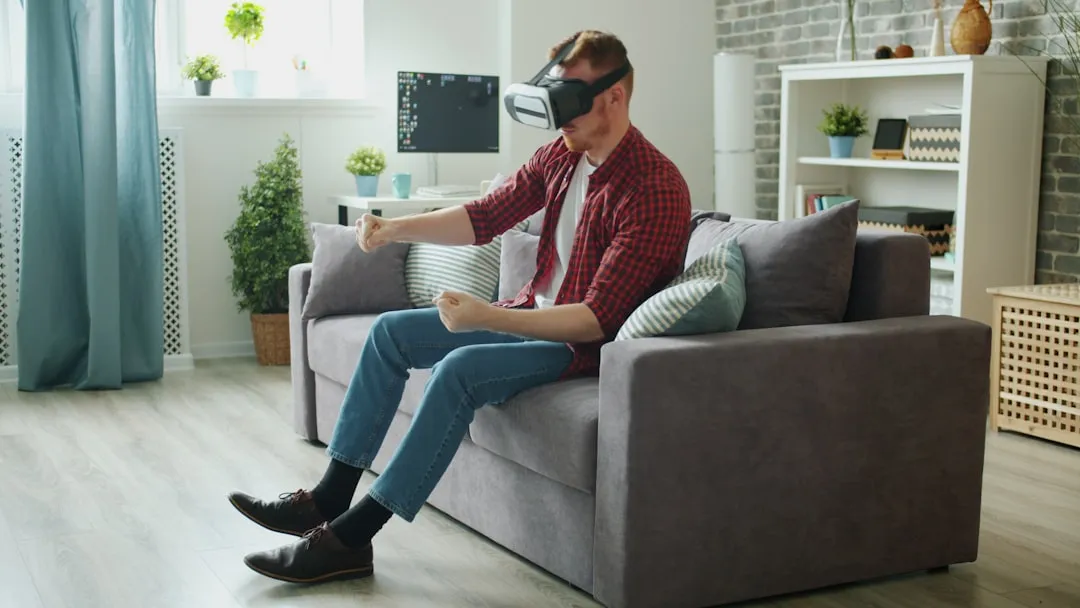When a firm like Techstars believes that augmented reality is an attractive industry to invest in, there's a high probability that it's right.
As an accelerator and investor, TechStars has raised nearly $4 billion dollars in funding for more than 1,000 companies, with nearly 90% either still independently active or having moved on to being acquired by larger companies.
Techstars alumni in AR include Occipital, which recently acquired Paracosm and released its own ARKit app, and Twilio, which updated its video platform to enable shared AR experiences. The accelerator also nurtured Sphero and Uber, among others, helping each to grow into successful companies.

Occipital's ARKit app, TapMeasure, gives users the ability to measure rooms (left) and generate CAD drawings (right).

Occipital's ARKit app, TapMeasure, gives users the ability to measure rooms (left) and generate CAD drawings (right).
'Bullish on AR Applications for Enterprise'
Lara Jeremko only joined TechStars about a year ago as a strategic advisor, but she has 12 years of experience in venture capital and funding. She's spent a lot of time exploring AR and machine interaction, and she has a favorable outlook on companies in the enterprise segment, which includes the likes of Atheer, RE'FLEKT, ScopeAR, Ubimax, Upskill, and others operating on the software end, as well as companies like DAQRI, Google, ODG, Vuzix, and more building the hardware for it.
"I am very bullish on enterprise applications in AR," said Jeremko in an interview with Next Reality. "There are two ways to express that opportunity. One is the reduction of cognitive load, that is, equipping workers with real-time data overlays and decision-making tools to free up their mental bandwidth. The second one, that I'm really focused on and have been spending a lot of time on, is just-in-time job training."

A demo video of Streem's AR tool in action.
While there is a "constellation of opportunities" in the first bucket, the second bucket may require more patience in terms of growth.
As we look at how roles and responsibilities will drastically change over the next five to 10 years, with more ubiquitous machine learning, AI, robotics, [and] autonomous vehicles, the very nature of an employee's relationship with work activities will be fundamentally different. These are permanent structural changes that are going to be happening in labor. I think AR is a super interesting opportunity and really a killer app for maintaining an adaptable and responsive workforce
AR training solutions can apply to any industry where automation is replacing labor that was previously done manually. For example, real-time AR overlays can train someone who is transitioning to a new job, enabling companies to keep employees focused on more vitals tasks. Such AR solutions may be instrumental in simulating training where safety is a factor.
ARKit Is a 'Game Changer'
On the consumer end, Jeremko concurs that Apple's ARKit is a "game changer." In the near term, she believes the introduction of the mobile AR platform, along with the sandboxes from Google, Facebook, and Snapchat, will be strongest in facilitating the creativity of consumers.
"I think what is really going to fuel the market on both the supply and demand side is the introduction of user-generated content," said Jeremko. "User-generated content can create massive opportunities in the coming years, unlike VR, which I think has underperformed."

Consumers already have a number of options for generating content, including Dubface (left) and Holo (right), which recently updated its app for the platform.

Tommy Palladino/Next Reality

Consumers already have a number of options for generating content, including Dubface (left) and Holo (right), which recently updated its app for the platform.

Tommy Palladino/Next Reality
Like others, Jeremko sees a long road ahead for AR, but she's also wary of potential potholes along the way. Jeremko estimates that AR is still two to three years away from mainstream consumer adoption. In the meantime, the industry has a number of unknowns to solve for. In terms of monetization, advertising is unavoidable, but how can it be done in AR in a way that doesn't detract from the experience? How can hardware companies help improve AR experiences by delivering higher quality at a lower cost? Overall, how can the industry live up to the hype and avoid stagnation that leads to consumer disillusionment -- where VR currently sits?
There does come a point where the experience is limited by the quality of the experience. Cool, I can visualize the furniture. Okay, that's possible and achievable. So, now what? There are a lot of opportunities that have not been unlocked yet.
Ultimately, she sees the real value of AR for the consumer in similar terms to enterprise applications, that is, apps that reduce the signal-to-noise ration and enable productivity, rather than distract and cripple the user experience. She believes that AR will help to make things like purchases, navigation, information retrieval, and communication much easier.
"I think that is AR at its best, which is truly augmenting intelligence and knowledge in general so humans can focus on exercising higher levels of thinking around creativity, strategy, communicating, persuading, and influencing, and less time on gathering information and having contextual awareness about a subject," said Jeremko. "AR will fundamentally change how we interact and communicate."
Every Friday, Next Reality reviews the latest headlines from the financial side of augmented and mixed reality. This weekly Market Reality column covers funding announcements, mergers and acquisitions, market analysis, and the like. Check out previous editions of Market Reality for more news you may have missed.
- Follow Next Reality on Facebook, Twitter, and YouTube
- Sign up for our new Next Reality newsletter
- Follow WonderHowTo on Facebook, Twitter, Pinterest, and Google+
Cover image via Occipital


























Comments
Be the first, drop a comment!